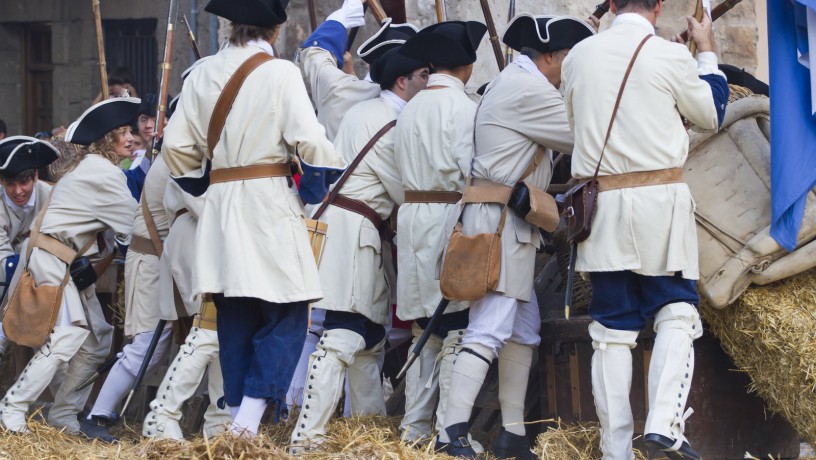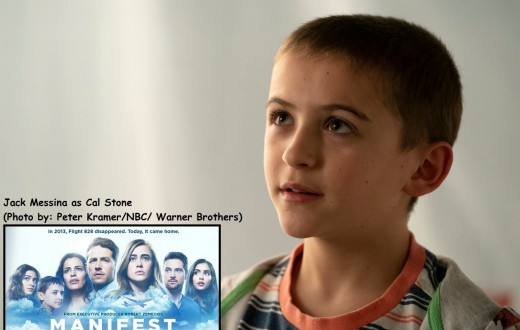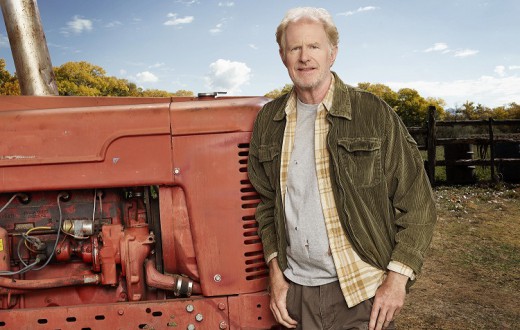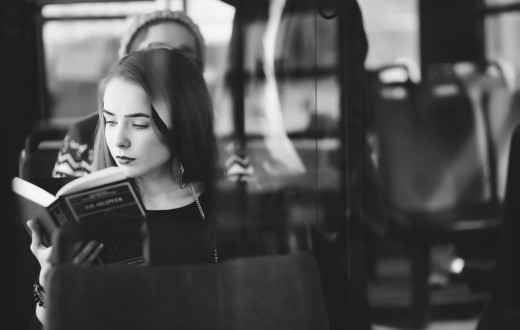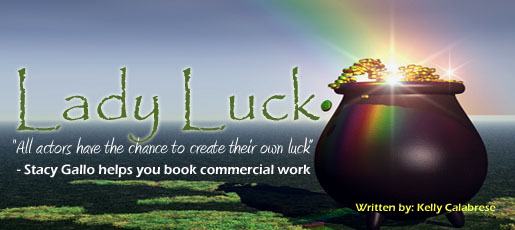The world of historical reenactments is a captivating way to transport audiences to significant moments in history and provide a tangible connection to bygone eras. Actors who specialize in reenactments of past events are at the heart of these immersive experiences. These dedicated individuals bring past events and figures to life with their passion, research, and performances, playing a pivotal role in preserving and educating about our shared heritage. Whether at museums, historical sites, or living history events, reenactment roles make history come alive.
Becoming a Historical Reenactment Actor
To become a historical reenactment actor, one must possess a distinct combination of abilities and devotion. Such actors are essentially historians themselves, immersing themselves in the rich history of the past to accurately depict events, attire, and personalities. Adequate research and a strong commitment to authenticity are crucial to maintain the integrity of each performance and stay true to the historical era being portrayed.
Actors specializing in historical reenactments spend countless hours studying primary and secondary sources, examining photographs, documents, and artifacts to gain an in-depth understanding of the time period they are representing. They immerse themselves in the language, customs, and societal norms of the era, providing a holistic portrayal of the past.
If you’re curious to see what a Battle Reenactment looks like, click on this video of the Mississinewa 1812 Battle Reenactment.
Crafting an Authentic Performance
The authenticity of historical reenactments is dependent on the actors’ skill in creating genuine performances that take spectators on a journey through time. Every aspect, from language and behavior to attire and weapons, is thoroughly studied and replicated. A significant part of a reenactor’s job is to be able to improvise and connect with the audience while staying in character. They often engage with visitors by answering questions and responding to comments in a way that reflects the era being portrayed. This interaction enriches the educational aspect of the event, enabling viewers to experience history firsthand through dialogue and other interactive activities.
Preserving Heritage and Educating the Masses
Historical reenactments serve as powerful educational tools, offering a hands-on way for people of all ages to learn about the past. These performances kindle curiosity and cultivate a greater appreciation for our shared legacy by presenting historical events in an aesthetically pleasing way.
Actors who specialize in historical reenactments contribute significantly to historical preservation efforts. Their performances breathe life into the artifacts and narratives that might otherwise be forgotten. By evoking the struggles, triumphs, and everyday lives of those who came before us, these actors ignite a sense of connection to the past, enabling audiences to better understand and relate to history.
Impact on Museums and Historical Sites
Museums and historical sites often rely on historical reenactments to enhance visitor experiences. By incorporating live performances, these institutions create an engaging atmosphere that goes beyond static displays. Actors portraying historical figures bring depth and realism to the exhibits, allowing visitors to witness history unfolding before their eyes.
Living History Events: An Immersive Journey
Living history events offer a unique opportunity for actors to showcase their craft on a grand scale. These events recreate entire historical eras, bringing together actors, artisans, and enthusiasts who meticulously recreate all aspects of the time period.
These events immerse attendees in a fully interactive experience, allowing them to step into the shoes of people from the past. From battle reenactments and camp recreations to traditional crafts and demonstrations, these events transport visitors to a different time and place. Historical reenactors act as both educators and entertainers, taking on the roles of soldiers, craftsmen, or civilians to provide a comprehensive understanding of the past.
Challenges and Controversies
Although historical reenactments are often praised for their capacity to make history more vivid, they encounter difficulties and disputes. A significant obstacle for actors in historical reenactments is striking a balance between authenticity and present-day sensitivities. Occasionally, historical precision conflicts with current principles, and actors must tread carefully to prevent upsetting or isolating the audience.
Another challenge is the constant need for research and staying up-to-date with new historical findings. As our understanding of the past evolves, actors must adapt their performances accordingly, ensuring that they provide the most accurate and nuanced portrayal possible. This requires ongoing education and a commitment to staying informed about the latest historical scholarship.
Controversies can arise when historical reenactments fail to address or acknowledge the darker aspects of history, such as slavery, colonialism, or war crimes. It’s essential for actors and event organizers to approach these sensitive topics with care, providing context and educational opportunities for dialogue to promote a deeper understanding of the complexities of the past.
Historical reenactments can also be criticized for romanticizing or glamorizing certain periods or events. It is crucial for actors to strike a balance between entertainment and education, ensuring that they do not oversimplify or distort historical realities for the sake of spectacle.
The Future of Historical Reenactments
The world of historical reenactments is constantly growing and changing with time. With the advent of advanced technology like virtual reality and augmented reality, there’s a possibility of transforming our experience and involvement in historical events. These cutting-edge tools can intensify the immersive quality of reenactments, giving viewers the chance to engage with virtual characters and surroundings, making it difficult to differentiate between the past and present.
Historical reenactments are increasingly focused on inclusivity. To achieve this, there are attempts to incorporate diverse narratives and perspectives that recognize the contributions and experiences of marginalized groups throughout history. This approach enhances the educational value of reenactments and promotes a more comprehensive understanding of history.
Here are some examples of the types of historical reenactments that exist:
Battle Reenactments: Battle reenactments recreate historical military conflicts, ranging from ancient battles to major events like the American Civil War or World War II. These reenactments involve large groups of actors portraying soldiers, complete with historically accurate uniforms, weaponry, and tactics. Battle reenactments often take place on specific anniversaries or at dedicated historical sites.
Living History Events: Living history events aim to recreate an entire historical era by immersing participants and visitors in a particular time period. These events often include actors portraying various roles, such as soldiers, craftsmen, farmers, or nobility. Participants live in period-appropriate camps or settings, engaging in activities that reflect the daily lives and traditions of the time. Living history events may include demonstrations of traditional crafts, performances, and educational workshops.
Historical Pageants: Historical pageants are large-scale productions that combine theatrical performances, music, and visuals to depict significant historical events or periods. These pageants often involve professional actors, volunteers, and community members who collaborate to create a grand spectacle that unfolds on stage. Historical pageants may focus on a specific event, such as the signing of a significant document, or highlight the broader history of a region or nation.
Museum and Site Interpretation: Many museums and historical sites employ historical reenactment actors to enhance visitor experiences. These actors bring historical figures to life, engaging visitors in interactive dialogue and performances that provide a deeper understanding of the site’s significance. They may demonstrate traditional skills, offer guided tours, or participate in scripted performances to create an immersive and educational environment.
Historical Festivals and Fairs: Historical festivals and fairs celebrate specific periods or events in history, often incorporating reenactments as a central feature. These events offer a mix of entertainment, education, and cultural experiences, attracting both reenactors and the general public. Historical festivals can include jousting tournaments, medieval markets, Renaissance fairs, or colonial-era celebrations, among others.
Theatrical Productions: While not strictly reenactments, theatrical productions that focus on historical events or figures can also contribute to our understanding of the past. These productions often combine historical research with creative storytelling, allowing audiences to engage with history in a more dramatic and narrative-driven format. Historical plays and performances offer a different perspective, emphasizing the emotional and human aspects of historical events.
Acknowledging the specialized actors who perform historical reenactments is crucial in comprehending their role in preserving history and promoting a better understanding of our collective legacy. By engaging in these performances, we can acquire a newfound appreciation for the challenges and accomplishments of our predecessors, leading to a stronger sense of identity and connection to the past.
If you’re interested in seeing reenactments to get a feel for the job as an actor, or just to enjoy it, check out some of the below events:
– The Michigan Military Technical & Historical Society World War II Reenactment of Operation Cobra
– New Jersey Civil War Reenactments
– New York Civil War Reenactments

